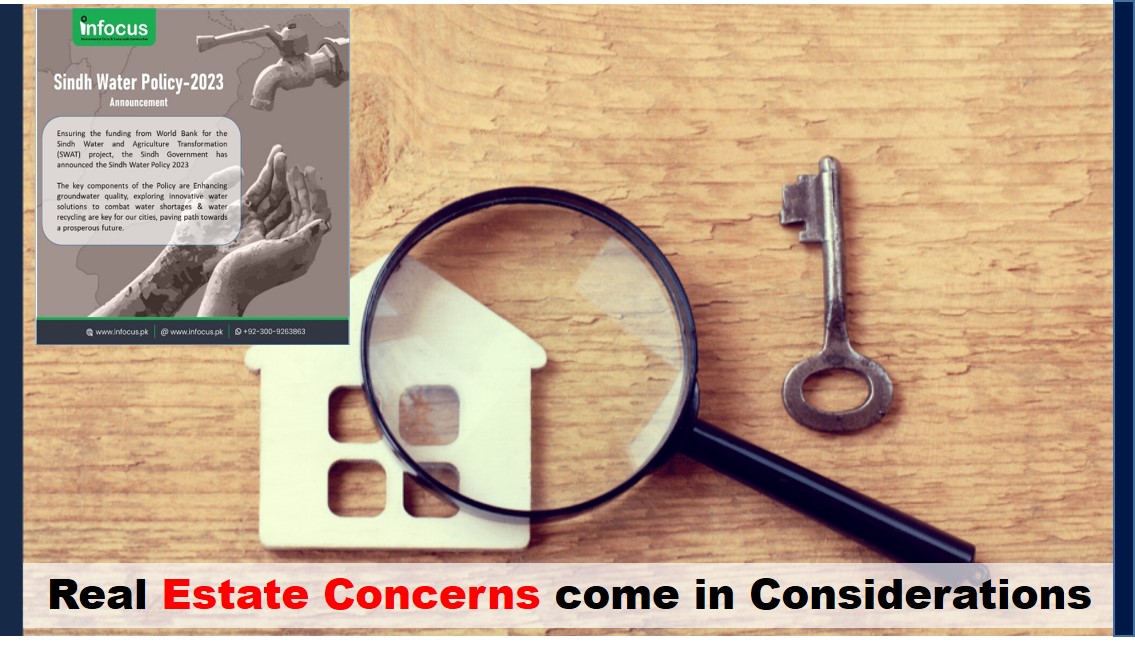6 Aug 2023
Real Estate Concerns come in Considerations
The National Assembly Standing Committee on Finance and Revenue along with Finance Minister Ishaq Dar has taken notice of the challenges besieging the real estate sector pertaining to the amendments in the Finance Act of 2023, when a delegation of the real estate sector met this week. The delegation told the committee that because of Section 7E of the income tax law amended in 2022 and being applied this year, the real estate sector have come to a standstill and no registry or transfer of property is taking place throughout the country. They explained that the section required the imposition of 1% tax on deemed rental on the value of properties and assets other than one for the personal use of a taxpayer. The delegation demanded that this tax might be kept intact for non-filers but should be abolished for filers because they have already paid 35-36% tax on their incomes and purchased new assets through savings. Therefore, an additional tax on deemed rental practically increased the applicable tax rate to 40-45%.
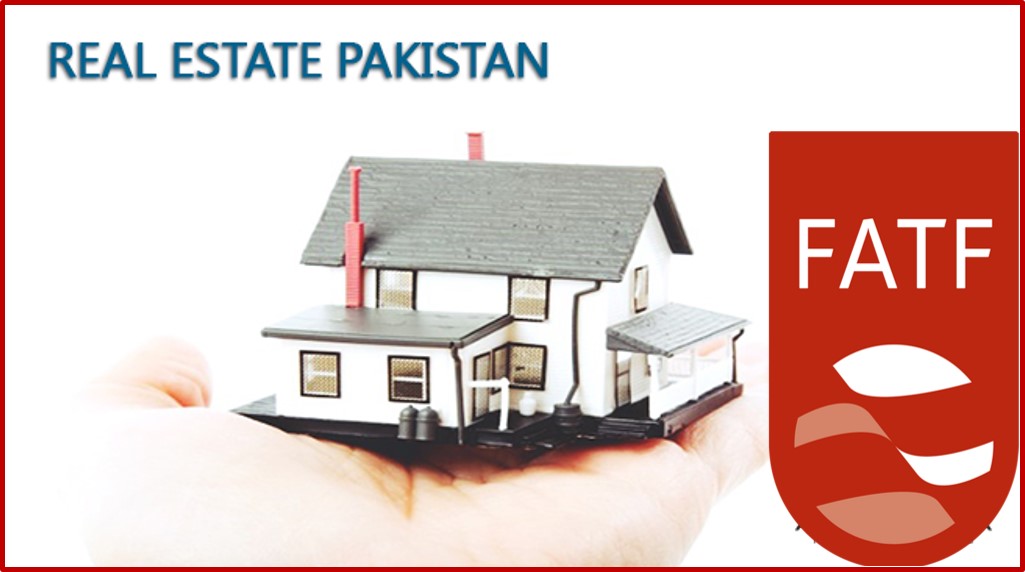
The committee members sympathised with the delegation and agreed that the introduction of Section 7E has triggered stagnation in the sector. The finance minister told the committee that while no tax amnesty could be offered to tax evaders and non-filers, the representatives of the real estate should sit with the FBR and see how a way could be found. Ishaq Dar also directed the FBR to immediately convene a meeting with the real estate sector regarding new rates of immovable properties across the country and look whether it is possible to stop the next increase in the valuation tables of the immovable properties in light of the reservations of the real estate sector.
Sindh Water Policy 2023 launched
Sindh Water Policy 2023 has been launched this week. Chief Minister Syed Murad Ali Shah while launching the Policy in Karachi called for urgent and resolute measures for the implementation of the recommendations outlined in the Sindh Water Policy to ensure a sustainable and water-secure future. He said that climate change, population growth, urbanisation and industrialisation are placing unprecedented strains on our freshwater sources. According to the CM, by promoting water efficiency, recycling and reuse, the policy document aimed to minimise wastage and enhance water security in the face of increasing uncertainties. The aspired water policy, therefore, should help establish a harmonious balance between human needs, environmental preservation and economic development.
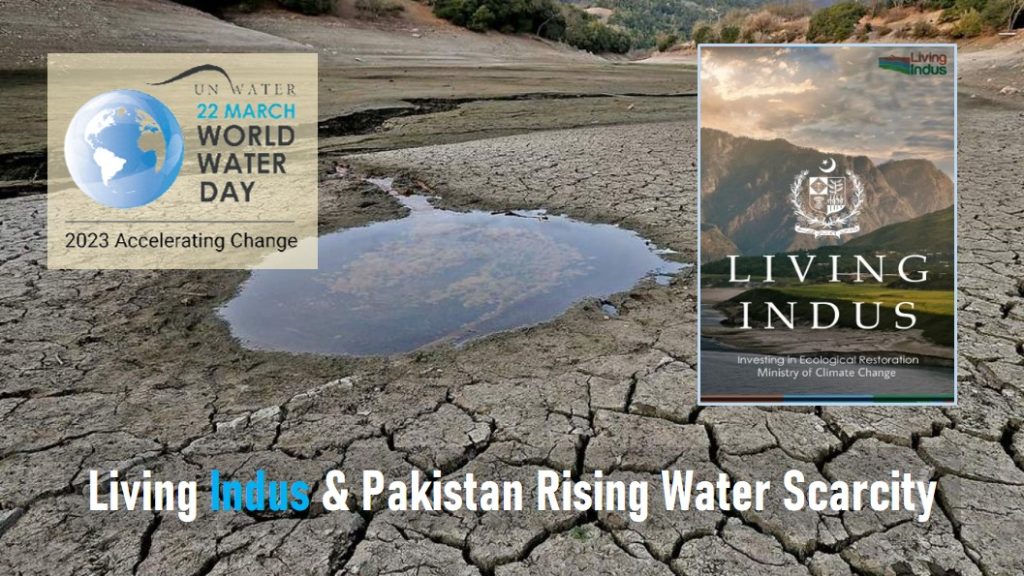
Earlier, Federal Minister for Water Resources Syed Khursheed Ahmed Shah disclosed that the government is taking all-out measures for completion of the Greater Karachi Bulk Water Supply Scheme, better known as K-IV, by the end of 2024 or start of 2025. He said this while a visit to the site of the K-IV project at Keenjhar Lake this week. Mr Shah demanded that an investigation should be carried out to find out as to who were the people responsible for flawed designs due to which the first project was failed and the delay led to an increased cost. He, later, revealed that the design of the project had been finalised keeping in view the failure of the first project.
Surge in Cement Sales
After a long time cement sector has finally witnessed some growth. Becasue local cement sales have grown 47% during July to 2.776 million tons from1.887 million tons in the same month last year as construction activities appear to have revived. Exports also surged by 184% to 435,854 tons from 153,517 tons. As a result, total cement despatches (local and exports) soared by 57.44% to 3.212 million tons from 2.040 million tons. A spokesmen of All Pakistan Cement Manufacturers Association emphasised that country`s economic stability depends on a stable government. The start of FY24 looks good but in fact, the domestic despatches in July were almost 20% less than June.
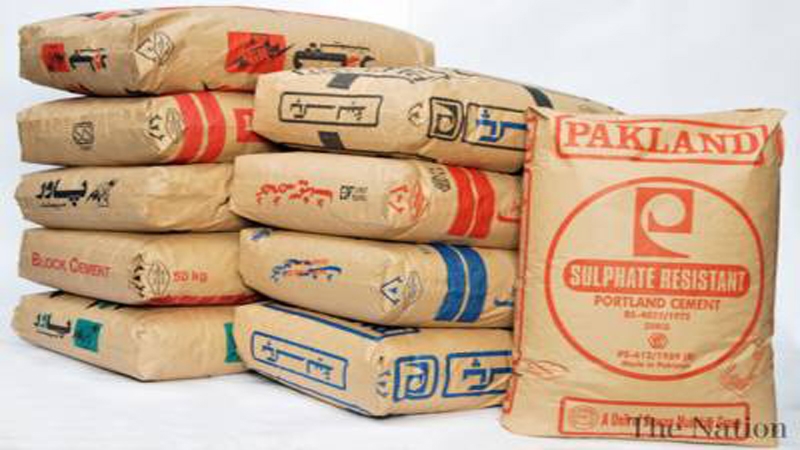
Pakistan cement sector wasn’t up to the mark for a long time. According to International Cement Review the Pakistani cement industry faced significant challenges, including a decrease in demand due to the impact of floods on infrastructure and a construction slowdown caused by political uncertainty. The government’s fiscal constraints and limited foreign aid have delayed rehabilitation efforts, further affecting cement demand. Additionally, the economic slowdown in global markets has resulted in lower cement exports, with countries like Sri Lanka and Bangladesh facing foreign exchange crises. Furthermore, the industry has also been impacted by the massive increase in prices of construction materials.
Section 144 in Islamabad against Encroachments
The Enforcement Wing of the Capital Development Authority (CDA) has decided to impose Section 144 in a bid to put an end to encroachments and illegal constructions across Islamabad. According to news reports the Deputy Director General of CDA, has requested the Islamabad Deputy Commissioner to implement Section 144 on CDA’s acquired land. In the letter addressed to the Deputy Commissioner, it is highlighted that movable and immovable encroachments, along with unapproved constructions on state land, have been causing hindrances to pedestrian movements.
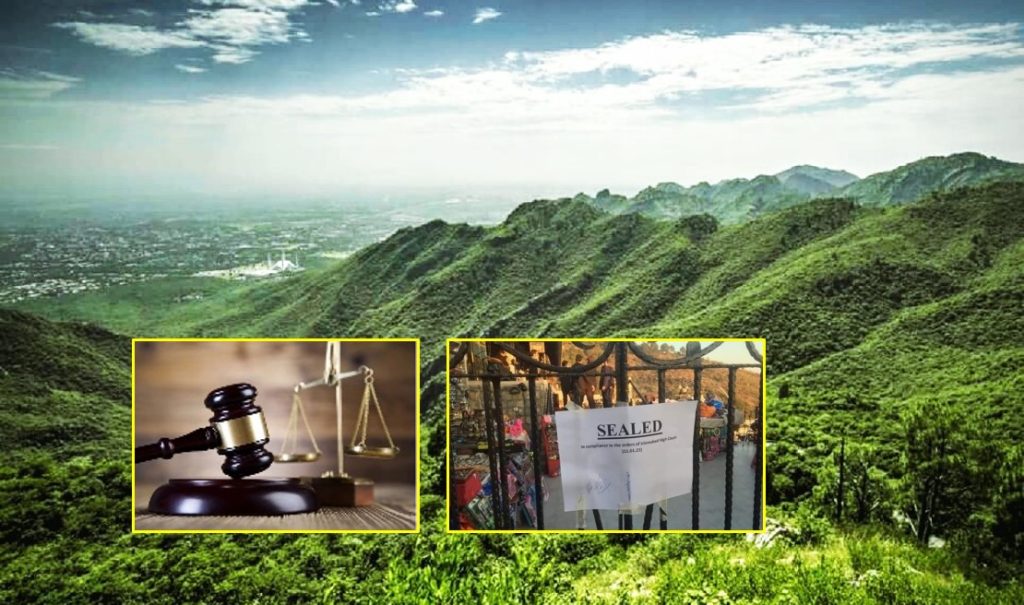
Which is the reason the CDA is considering the imposition of the Section 144 in various areas, such as Jaaba Teli, Faisal Masjid, Khanna Bridge, Saidpur Village, Mandi Morr, Bhara Kahu, Chontra, katchi abadis, and parking on green belts. CDA Chairman Noorul Amin Mengal stated that Section 144 is being imposed to protect CDA-owned land and to take action against encroachments.

